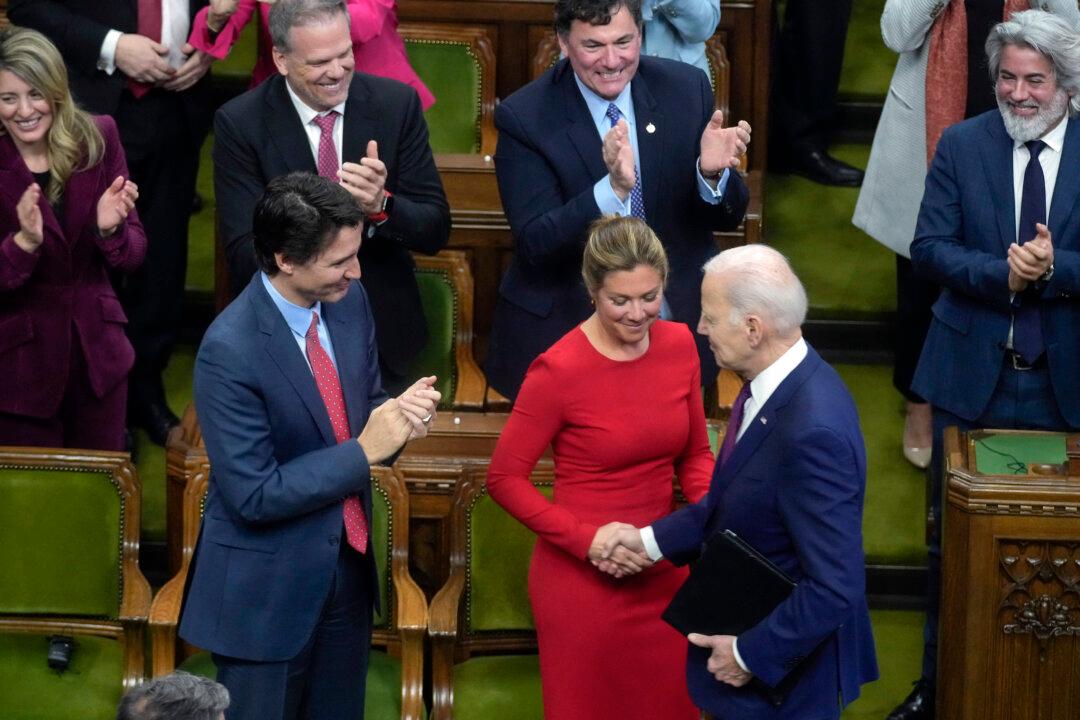Regarding funding announcements, the biggest dollar-value items are for the modernization of the North American Aerospace Defense Command (NORAD). A nearly $7 billion investment in radar systems accompanied another $7.3 billion in the “northern forward operating locations” to support fifth-generation aircraft, capabilities which should be in place prior to the arrival of the F-35 aircraft.
The statement said Canadian Prime Minister Justin Trudeau confirmed that the funding for these investments would come from Canada’s planned investments in defence infrastructure. The goal is to enable NORAD to be able to detect threats sooner and more precisely and respond effectively.
To strengthen advanced packaging for semiconductors and printed circuit boards in North America, the United States announced an additional US$50 million in Defense Production Act funding for U.S. and Canadian companies, with Canada to provide up to $250 million for semiconductor projects from the Strategic Innovation Fund in the near term.
The two countries agreed to deepen their cooperation on driving improvements in the areas of cybersecurity and the resiliency of critical infrastructure.
There will be a focus on two key sectors—pipelines and electricity, “due to their criticality to our economies and their cross-border nature.” The joint statement said that in each country, should an adversary choose to target critical infrastructure systems, both will respond.
The March 23–24 visit marked Biden’s first in-person trip to Canada since becoming U.S. president.
Canada and the United States share the longest land border in the world, close to 9,000 kilometres. The two neighbours also have one of the largest trading relationships in the world, with over $1 trillion in bilateral trade in goods and services in 2021, making Canada the largest U.S. trading partner in goods and services.





